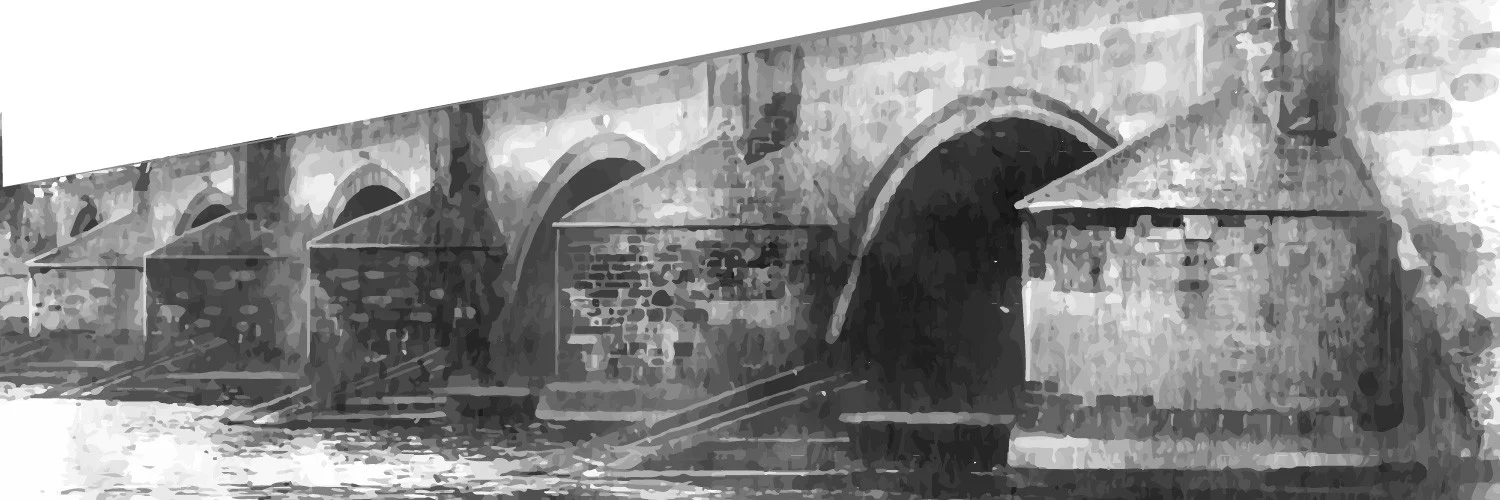"Monday Musings” are designed to get quick, insightful thoughts based around three questions from those interested in strategy, from the most experienced and lauded, to our newest thinkers/writers.
1. Who had the greatest impact on you intellectually (whether through writing, mentorship, etc.)?
My mother, from an early age, put forth great effort to develop my intellect. When I was barely five years old she read Homer’s Iliad to me outloud prior to my naptime in the afternoons. The Winnie the Pooh stories—which as every parent knows are a great way to develop imagination, pathos, and ethos all at the same time—were another favorite, and she read them all to me. She encouraged me to write—initially resulting in a series of science fiction stories when I was around the age of six. My father encouraged me by recommending books to read from his library—especially military history. He had a very substantial collection and it included , among others, all of Churchill’s World War Two series, Shelby Foote’s and Bruce Catton’s works on the Civil War, and the complete set of S.E. Morison’s history of the U.S. Navy in World War II. He also had both West Point Atlases of American Wars. In high school Mr. Patrick Kennedy, my history instructor, inspired and encouraged me. T. Harry Williams and Karl Roider, historians at Louisiana State University, further developed my budding fascination with in military history, both as a freshman at LSU and earlier when I audited Professor Williams’ class as a 5th grader with my mother, who was taking his Civil War course. In graduate school, hands down, it was Donald Mrozek of Kansas State University, a genius at bringing out the best in others. Finally, sharing an office and becoming friends with Jonathan M. House—whose sage advice on my own work and mastery of campaigns on the Eastern Front in World War II—was one of the most serendipitous and fortunate things to ever happen to me intellectually.
2. What book (fiction, history, or academic) do you think best explains strategy?
I recommend The Gospel of John. Why? It is an explanation of strategy by example. John starts out with logos—the word. From there he builds a case for one of the greatest strategies of all time. He does not present a chronological approach, but rather an intimate, anecdotal method that relies on Christ’s testimony and behavior above all. It highlights the fundamental soundness of a Socratic (or rather divine) process while at the same time leverages the received wisdom (e.g., Isaiah) familiar to both illiterate and literate audiences alike in his day (and ours).
The bulk of the Gospel focuses on the three-year campaign of Christ in declaring the advent of the kingdom of heaven. It is an ideal book to learn about how to execute strategy at the individual, organizational/local, as well as institutional/tribal/national level, all at the same time. A high point of all these “levels of analysis” coming together with particular meaning and power can be found in John’s narration of Christ’s meeting with the Samaritan woman at the well (John, chapter 4). He engages with her on the personal level. He, is also aware his words will be reproduced for a much larger audience—which in turn means he must have retold the event to his followers, or the woman did, or both. Thus Christ messages to the individual, group, and posterity all with one blow, one real life parable we might say. Later Jesus emphasizes the universality of his message of righteous behavior with an actual parable about a Samaritan (a sect at odds with the Sanhedrin in power in Jerusalem, and thus with most Jews of that time period). The book also establishes a clear end state, an eternal steady state, toward which the strategy aims and has that final component of inspiration that every effective strategy must have.
3. What do you want your legacy to be?
As for my legacy, I already know, with three kids, that some of this is beyond my control. As for my ideas and writings, I particularly like this quotation from Henry Sidgwick, commenting on his The Methods of Ethics:
"...it solves nothing, but may clear up the ideas of one or two people, a little."
John T. Kuehn retired from the U.S. Navy in 2004 and currently serves as a Professor of Military History at the U.S. Army Command and General Staff College and is a former Major General William Stofft Chair of Historical Research at the same institution. He authored Agents of Innovation, A Military History of Japan: From the Age of the Samurai to the 21st Century, and co-authored Eyewitness Pacific Theater with D.M. Giangreco. Dr. Kuehn was awarded a Moncado Prize from the Society for Military History in 2011. His latest book is Napoleonic Warfare: The Operational Art of the Great Campaigns. The views expresses are his own and do not reflect the official policy or position of the U.S. Army, the Department of Defense, or the U.S. Government.
Have a response or an idea for your own article? Follow the logo below, and you too can contribute to The Bridge:
Enjoy what you just read? Please help spread the word to new readers by sharing it on social media.


